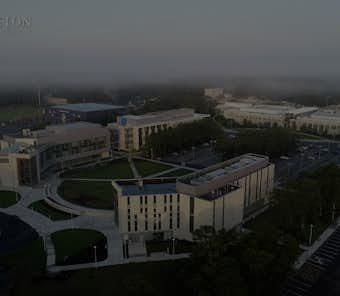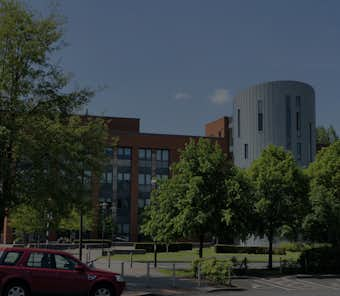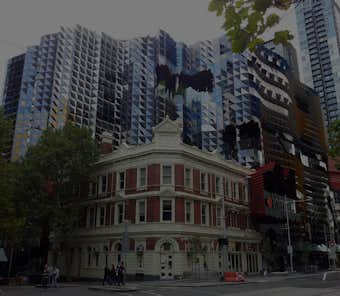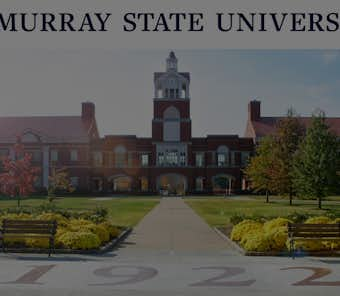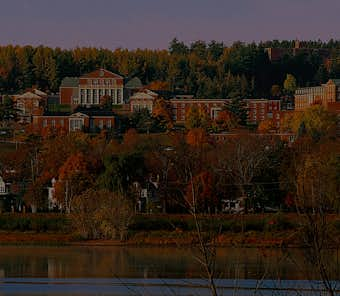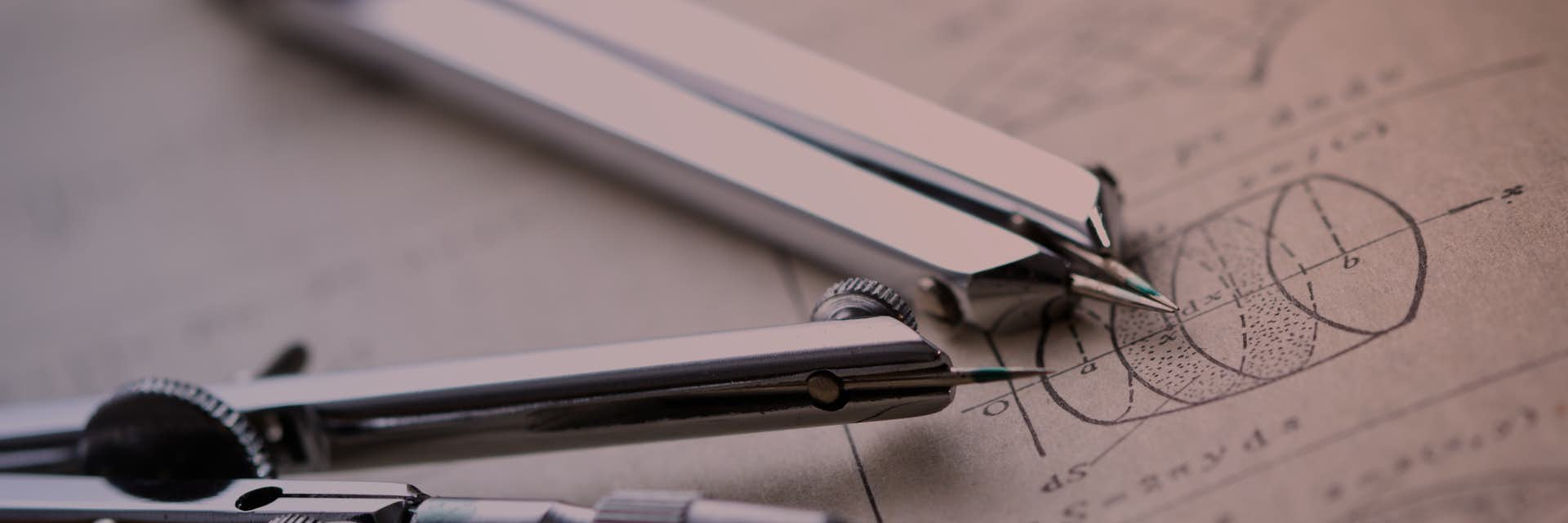
Study applied physics abroad
Find programs that match your eligibility and aspirations then apply with reduced application fees, a free assessment and access to a dedicated advisor.
Find your perfect applied physics programs abroad
Find applied physics programs you love that match your needs & aspirations, where you stand a high chance of acceptance.
Applied Physics degrees abroad
In applied physics, the principles of physics are used to research, explain, and solve problems in engineering and technology.
Before applying scientific methods to real-world issues, you’ll build a robust understanding of topics like thermodynamics, relativity, and particle physics. You’ll explore the vital role played by physics in industry, and consider how today’s innovative research projects could transform the sector.
Studying abroad is a priceless opportunity to spark tremendous personal and professional growth. Not only will you learn from international experts and witness the cutting-edge developments taking place across the globe, but you’ll also broaden your cultural horizons and form lasting friendships.

Why use Studee?
-
Find your ideal program
Filter 10,000s of programs down to a shortlist perfect for you, where you have a strong chance of getting admitted
-
Apply online via Studee
Complete our application form and enjoy reduced application fees and access to unique Studee scholarships for many universities
-
We assess within 48hrs
We complete an 85-point assessment within 2 business days, help you with improvements then submit to your university
-
University offer in 2-4 weeks
We chase the university for your admission decision and keep you updated. We all celebrate your admission!
All our services are 100% free as we're funded by universities. You pay deposits and tuition fees directly to the university.

Applied Physics program structure
Bachelor’s degrees in applied physics traditionally last three years, or four years if you take an optional sandwich year. Completing an industrial placement as part of your BSc program is a great way to gain hands-on experience, consolidate your knowledge, and impress potential employers.
Studying as an undergraduate in the US means you’ll follow the four-year liberal arts model of education. You’ll take general education classes for the first two years of your program before focusing on applied physics courses for the latter half.
Postgraduate qualifications in applied physics are offered at several institutions around the world. An MSc typically takes one year to complete, but it can be studied over two years. A PhD will add another four to six years to your education.
To gain a solid theoretical and practical understanding of the field, you’ll attend lectures, seminars, and tutorials, as well as hands-on workshops, laboratories, and field trips. Exams, reports, presentations, and research projects are amongst the most common assessment methods.
The content of applied physics programs differs from university to university, but the following list outlines some of the core units featured by most institutions:
- Key skills for physicians
- Particles, waves, and quanta
- Electricity and electronics
- Atomic and nuclear physics
- Thermodynamics
- Environmental physics and nanotechnology
- Mathematical methods and techniques
- Materials science
Best countries to study applied physics
Applied Physics study abroad programs
Applied physics undergraduate programs
Bachelor's in applied physics
-
Applied Physics - BA Stockton University, USA
- Program type
- Bachelor's
- Duration
- 4 years
- Annual tuition fee
-
23,380 USD
Fees are displayed in the university's local currency
- Start date
- January, September
-

Applied Physics - BSc Carleton University, Canada
- Program type
- Bachelor's
- Duration
- 4 years
- Annual tuition fee
-
31,808 CAD
Fees are displayed in the university's local currency
- Start date
- September
-

Applied Physics - BSc/BSc (Hons) Simon Fraser University, Canada
- Program type
- Bachelor's
- Duration
- 4 years
- Annual tuition fee
-
47,386 CAD
Fees are displayed in the university's local currency
- Start date
- January, May, September
-
Applied Physics (Fredericton Campus) - BSc University of New Brunswick, Canada
- Program type
- Bachelor's
- Duration
- 4 years
- Annual tuition fee
-
19,148 CAD
Fees are displayed in the university's local currency
- Start date
- September, January
-
Applied Physics - BSc University of Limerick, Ireland
- Program type
- Bachelor's
- Duration
- 4 years
- Annual tuition fee
-
20,542 EUR
Fees are displayed in the university's local currency
- Start date
- September
Applied physics graduate programs
Master's in applied physics
-
Applied Physics - MSc University of Limerick, Ireland
- Program type
- Master's
- Duration
- 1 year
- Annual tuition fee
-
19,300 EUR
Fees are displayed in the university's local currency
- Start date
- September
-

Biomedical Physics - MSc Toronto Metropolitan University, Canada
- Program type
- Master's
- Duration
- 2 years
- Annual tuition fee
-
25,514 CAD
Fees are displayed in the university's local currency
- Start date
- January, September
-
Applied Physics - MSc RMIT University, Australia
- Program type
- Master's
- Duration
- 2 years
- Annual tuition fee
-
36,480 AUD
Fees are displayed in the university's local currency
- Start date
- February, July
Doctorate in applied physics
-
Applied Physics - PhD RMIT University, Australia
- Program type
- Doctorate
- Duration
- 4 years
- Annual tuition fee
-
36,480 AUD
Fees are displayed in the university's local currency
- Start date
- February, July
Future applied physics careers
Studying applied physics means you’ll graduate with a highly-transferable skill set and exciting employment prospects.
You could apply your analytical, mathematical, and problem-solving skills to an array of scientific fields, including energy, space, telecommunications, healthcare, and manufacturing. Here are some of the fascinating roles you could set your sights on:
- Aerospace engineer
- Biomedical engineer
- Nuclear engineer
- Mechanical engineer
- Materials scientist
- Radiologist
- Energy engineer
- Nanotechnologist
No matter which career path you choose to follow, participating in relevant work experience will give you a headstart. As well as supporting you with internship applications, your university’s careers office can help with CV writing, interview techniques, and postgraduate options.









